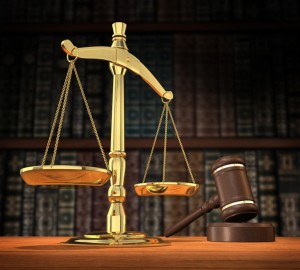 In our country of free speech, it’s all too common for defamation to occur as people use their words inappropriately. It’s actually possible to receive compensation for damages that occurred due to defamation, especially when the accusations can be proven false.
In our country of free speech, it’s all too common for defamation to occur as people use their words inappropriately. It’s actually possible to receive compensation for damages that occurred due to defamation, especially when the accusations can be proven false.
Defining Defamation, Libel, and Slander
Defamation occurs when someone conveys information about another person which causes harm. Slander and libel are both forms of character defamation that are actionable under federal and state laws. Slander is considered short-term defamation, usually in the form of spoken words or gestures. Libel, on the other hand, is defamation that is written, printed, or even in picture or video form.
About Defamation as a Personal Injury
The United States judicial system recognizes defamation as a personal injury because it causes damage to a person’s character. Though this isn’t physical damage, it qualifies because it still impacts that person’s quality of life and can lead to physical, mental, and financial damages.
Proving Defamation
The Constitution’s freedom of speech amendment makes it difficult to successfully prove defamation. After all, American citizens are protected by their right to state their opinions. In order to win a defamation case, the plaintiff must be able to prove the actual damage to his or her character, and specific pain and suffering caused by the defamation.
This is no easy task, but a personal injury lawyer is up for the challenge. The best proof involves evidence of damages to finances, harm to reputation, and mental or physical anguish like depression, insomnia, and anxiety.
However, the legal tug-of-war that ensues becomes complicated and calls for an attorney. The victim of defamation can demand retraction of the false statement and re-publication of a truthful statement, but the defendant can attempt to claim the statement was true at the time or was of valuable knowledge to the general public.
The legal system exists to protect victims and prosecute criminals, and defamation is no exception.

 877-ESPO-LAW
877-ESPO-LAW


